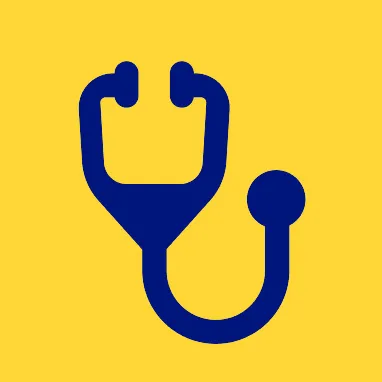This is a rare but very dangerous form of psoriasis. It’s important to know the symptoms. If you think you have erythrodermic psoriasis, see your doctor right away.
Symptoms
Fiery red skin from head to toe is the main symptom. Your skin is also covered in scales and peels off in large pieces. It can be very painful and itchy. You might see tiny blisters called pustules that are filled with pus.
Symptoms can develop over time, but they can come on suddenly, too.
You also may have:
- Chills or a fever
- Joint pain
- A rapid heartbeat
- Swollen ankles
Why It’s Dangerous
Your skin is important to your overall health. It helps control your body temperature, keeps germs and toxins out, and holds moisture in. Erythrodermic psoriasis throws all this off, and the results can be life-threatening. They include a dangerously low body temperature (hypothermia), the loss of much needed proteins and fluids, and severe illnesses like sepsis and pneumonia. If you lose too much fluid, your heart won’t have enough blood to pump. That can lead to shock, kidney failure, and heart failure.
Causes
Psoriasis is an autoimmune disease. It's when your body’s natural defense system attacks healthy tissue. You’re more likely to get erythrodermic psoriasis if you already have plaque psoriasis, especially if it’s unstable. That means the raised, scaly patches don’t have well-defined edges. But it also affects people who’ve never had the disease.
It can appear if you suddenly stop taking your oral psoriasis medication. Other triggers include:
- Alcoholism
- A drug reaction
- HIV
- An infection
- Oral steroid medicine
- A severe sunburn
- Stress
Diagnosis
Your doctor will start by asking about your health history and doing a physical exam. They’ll ask if:
- You have a family history of psoriasis
- You’ve been exposed to a disease-related trigger like steroids, an infection, or an abrupt stop of psoriasis meds
Then they’ll check you for signs of psoriasis like:
- Plaques
- Joint pain
- Psoriatic nail disease
They’ll probably do a skin biopsy. The doctor will remove a small piece of your skin and check it in the lab for signs of psoriasis.
Treatment
If you have symptoms of erythrodermic psoriasis, don’t wait to get help. Go to the hospital right away. Doctors will try to stop the flare-up as quickly as possible and protect you from complications.
- Medications. Treatment depends on how bad your symptoms are and whether you have other health problems. You may be prescribed a combination of one or more drugs:
- Cyclosporine (Sandimmune), infliximab (Remicade), or infliximab-abda (Renflexis) and infliximab-dyyb (Inflectra), may be the first line of defense. They work by stopping the attack of out-of-control immune cells.
- Your doctor may also prescribe acitretin (Soriatane) or methotrexate to control cell growth.
- You might also take an immune-suppressing drug, such as adalimumab (Humira), adalimumab-atto (Amjevita), brodalumab (Siliq), etanercept (Enbrel), etanercept-szzs (Erelzi), guselkumab (Tremfya), ixekizumab (Taltz), secukinumab (Cosentyx), or ustekinumab (Stelara).
- These medicines are powerful and can have many side effects. Talk to your doctor to find out if they’re right for you. Make sure they’re aware of any other medical conditions you have or any other medications you take.
- Topical treatments. To soothe your skin from the outside, you can use:
- Steroid cream or ointment moisturizers
- Wet wraps
- Oatmeal baths
- Other treatments. You may also need:
- Antibiotics to help prevent infection
- Pain medication
- Drugs to control itching
- Medications to relieve anxiety
Can It Be Prevented?
Some risk factors can’t be avoided, like a family history of psoriasis. But you can:
- Let your doctor know if you’re having a reaction to a new medication.
- Be careful with anything that could irritate your skin.
- Never abruptly stop taking a psoriasis medication.
- Cover and treat wounds to prevent infection.
- Use phototherapy devices carefully to avoid burns.
- Manage stress.
- Avoid alcohol.
Outlook
Although most people with erythrodermic psoriasis do well when taking one or more treatment options, some people can’t be helped. The condition is fatal somewhere around 10% to 65% of the time. Most deaths are related to infections such as:
- Pneumonia
- Staphylococcal septicemia
